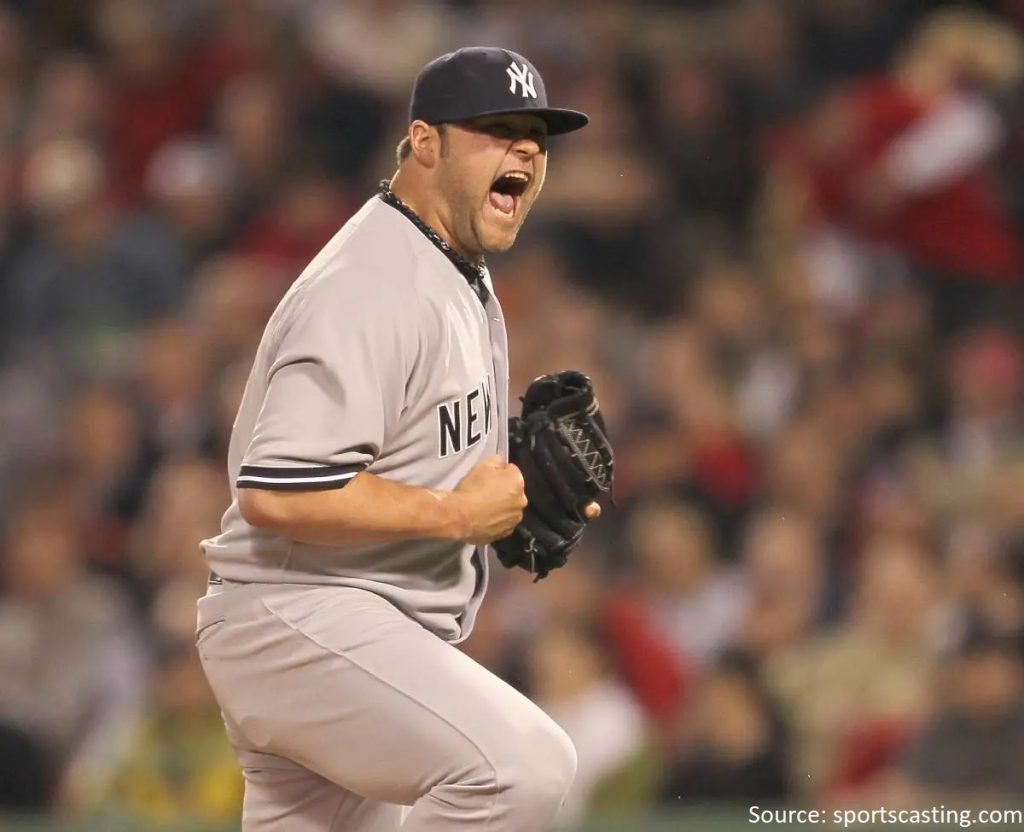The debate surrounding what is the hardest position in baseball has been a never-ending argument among fans, players, and analysts alike.
While there are several positions that are considered challenging, such as shortstop, catcher, center fielder, and baseball pitcher, the latter stands out as a physically demanding role that requires a unique set of skills.
Pitchers have the ability to control the game and significantly impact the success of their team. Mastery of both mental and physical skills is crucial for success on the mound. This includes remaining calm under pressure, thinking strategically, and executing smartly.
Good pitchers possess the ability to consistently throw strikes and have strong command of their pitches. They must also have the necessary arm strength, anticipation, and height to excel in their position.
With various pitching roles, such as starting pitcher, middle reliever, setup reliever, and closer, the debate continues regarding which position truly holds the title of the hardest in baseball.
Key Takeaways
- The hardest positions in baseball are considered to be shortstop, catcher, center fielder, and pitcher.
- Pitching is physically demanding and requires specific skills, with pitchers controlling the game and having a significant impact on the team’s success.
- Catchers also play a crucial role in the game, requiring both mental and physical skills.
- Becoming a great pitcher requires practice, dedication, and a combination of skills such as arm strength, anticipation, and the ability to throw strikes and move the ball with different grips.
What is the Hardest Position in Baseball?

The debate on the hardest position in baseball remains ongoing, with contenders such as shortstop, catcher, center fielder, and pitcher being discussed due to the physical demands, specific skills, and significant impact on team success associated with these positions.
When comparing the pitcher and catcher positions, there is a constant battle between the mental and physical challenges they each face. Pitchers are required to have exceptional arm strength, anticipate the batter’s moves, and possess the ability to throw strikes consistently. They must also have the mental fortitude to stay calm under pressure and think strategically.
On the other hand, catchers play a crucial role in controlling the game, calling pitches, and managing the defense. They must possess great communication skills and be able to handle the physical demands of the position, including squatting for long periods and enduring foul balls.
Ultimately, the debate between pitcher and catcher as the hardest position in baseball continues, with arguments for both the mental and physical challenges each position presents.

Skills and Requirements
Pitchers require a combination of mental and physical skills, including the ability to throw strikes, command the game, and vary the movement and velocity of their pitches.
Pitching is a complex task that involves strategic decision-making and precise execution. Good pitchers need to remain calm under pressure, think ahead, and perform smartly. They must have a strong understanding of the game and be able to anticipate the actions of opposing batters.
Additionally, pitchers must possess the necessary physical attributes such as arm strength, height, and the ability to generate velocity. The importance of versatility cannot be overstated, as pitchers can have different roles within a team, such as starting pitcher, middle reliever, setup reliever, or closer.
Assessing one’s skills and matching them with the requirements of different positions is crucial in selecting the right position in baseball.

Debate and Opinions
Debate and opinions persist regarding the level of difficulty associated with specific roles in the game of baseball. This ongoing argument has a significant impact on the game itself, as it influences player recruitment, training, and strategic decisions made by coaches and managers.
The opinions of current and former baseball players vary when it comes to identifying the hardest position. Some argue that being a pitcher is the most challenging due to the physical demands and pressure of controlling the game. Others contend that baseball catchers play a crucial role in the game, requiring a combination of physical and mental skills.
The opinions of players are shaped by their own experiences and perspectives, contributing to the never-ending debate. Ultimately, the difficulty of a position in baseball is subjective and dependent on individual skills and preferences.
